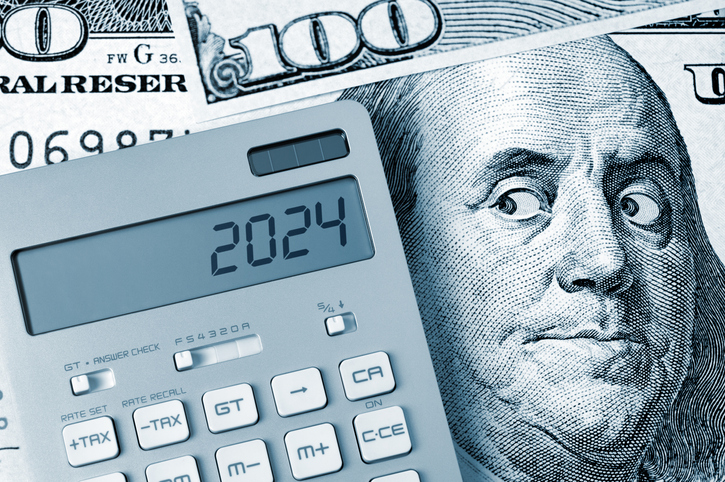Oil Spikes and Economic Outcomes
The comments below are an edited and abridged synopsis of an article by Lance Roberts
Oil spikes have historically negatively impacted economic outcomes. As the chart included shows, oil spikes typically are short-lived, and due to some exogenous geopolitical event. However, as was the case from 2003-2008, fundamental concerns—in this case, the fear of peak oil—can lead to more extended periods of higher prices.
While higher oil prices certainly benefit oil companies by making the extraction process more profitable, there is also a negative effect on the economy.
“High oil prices add to the costs of doing business. And these costs are area also ultimately passed on to customers and businesses. Whether it is higher cab fares, more expensive airline tickets, the cost of apples shipped from California, or new furniture shipped from China, high oil prices can result in higher prices for seemingly unrelated products and services.” – Investopedia
Of course, high oil prices are immediately noticeable by consumers who fill up their gas tanks each week. While economic reports of inflation strip out food and energy from the core calculation, the cost of food and fuel drives consumption patterns short term. Given that consumption comprises roughly 70% of the GDP calculation, the effect of higher oil prices is almost immediate.
Up for discussion: The link to oil; oil spikes and deficit spending; and will oil prices cause a depression, depends on the Fed.


